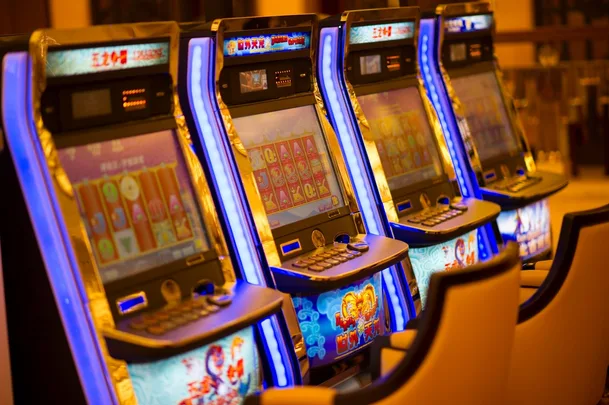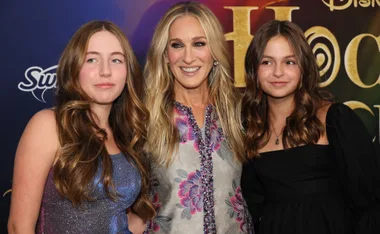There has been an increasing cacophony of cries to ban betting ads and overhaul the pokie industry, as criticism for gambling and its long-term consequences on people’s lives mount. The impact of gambling is so deeply embedded that it is easy to gloss over. It is essential to shine a light on its destruction, highlighting Australia’s deadly addiction to gambling, how companies target women, and the manipulative tricks that keep everyone losing.
Kate Seselja was 18 years old when she first played a poker machine. The receptionist was in an RSL club in Sydney with her boyfriend, and as he gambled on one of the many pokies there she played a neighbouring machine on a whim of “why not?” Depositing $20, she hit the button and watched as the symbols on the reels matched up. In a stroke of beginner’s luck she had won $100. “I was like, ‘Oh my gosh, that was so easy!’” she recalls. By the end of the night, Kate was up nearly $1000. “A woman came over with a clipboard and the cash and gave it to me,” she tells marie claire. “It was an overwhelming experience. She said, ‘Wow, you’re so good at this!’ ”
For 12 years, Kate kept chasing the rush that came with the cash and the compliment, with devastating results. She ultimately lost $500,000 on the pokies, including $12,000 in one stint, which put her on the brink of suicide. She shares her story not as an industry-termed “problem gambler” but as a victim of an industry that wields an enormous amount of influence and power in Australia.
“The brutal reality is that many tens of thousands of Australians are addicted to gambling, in particular poker machines and online betting,” says independent federal MP Andrew Wilkie. “And it’s a terrible reflection on governments that this is allowed to continue unchecked.”
In fact, Australia is the biggest gambling nation in the world per capita, losing $25 billion a year to online sports betting, pokies, casinos and more. According to the Australian Institute of Health and Welfare, more than 7 per cent of Australians (an estimated 1.33 million people) are at risk of experiencing gambling- related problems, and about 300,000 Australians have a gambling addiction.
The Alliance for Gambling Reform (AGR) reports that one person commits suicide every day because of a gambling addiction.
Among those battling addiction are many young adults, whose access to betting apps on phones has made it easier for them to place wagers, including proposition or “prop” bets, like betting who will kick the first goal in an AFL match, or wagering which songs Rihanna will sing at the Super Bowl halftime show.
“In one day, my son lost $6000 betting,” says Perth business owner Jane*, whose 22-year-old son is still repaying gambling debts racked up during his addiction. “Once he started losing he chased his losses because he was distraught that he’d lost that money.”
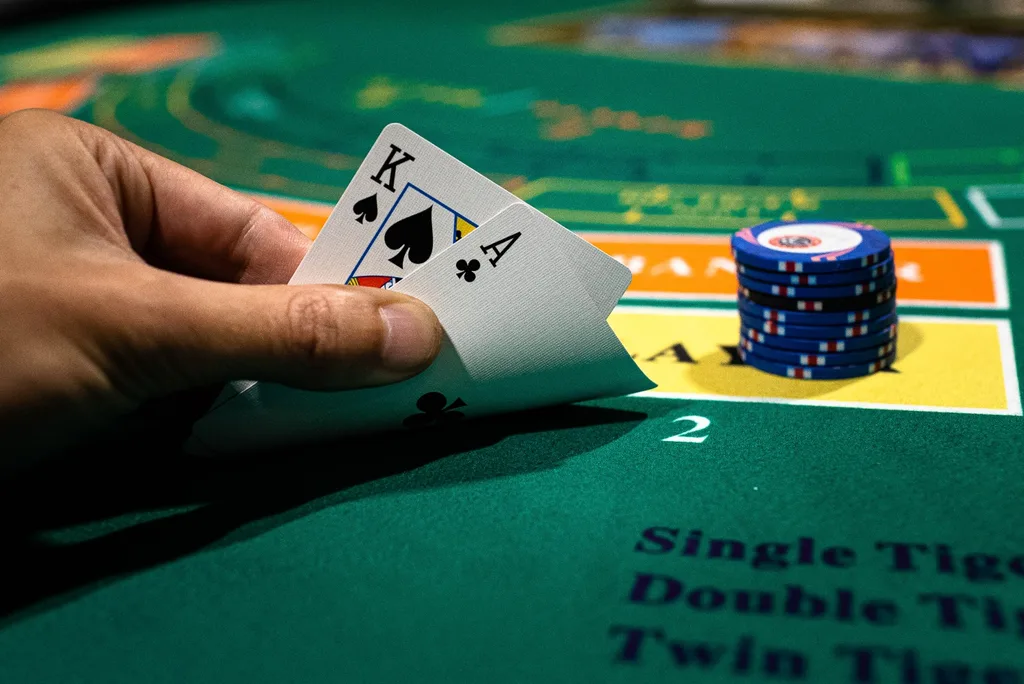
Women are also specifically targeted by the betting companies. “The gambling industry uses a range of strategies to appeal to women,” says Dr Simone McCarthy, a gambling researcher at Deakin University’s Institute for Health Transformation. “This includes offering bets on reality TV shows such as Married at First Sight or Love Island.”
McCarthy says promotions are also appearing on social media platforms such as TikTok. “The use of female influencers, positions gambling as being a normal and fun activity for women,” she says.
McCarthy’s research has shown that women feel “more confident” betting on reality TV rather than sport, as doing so removes “some of the perceived risk involved”, she says.
At first, playing the pokies wasn’t about risk at all for Kate Seselja. It was fun and she loved that winning feeling. Studies have shown that the “happiness” of a gambling win involves the release of the feel-good hormone dopamine.
“It was an insatiable compulsion,” she says. “As an 18-year-old, I was earning $1500 a month and that could be gone in an hour on payday.” After she married Phil, who runs an excavation business, and they moved to his home town of Canberra, Kate thought her gambling days were over. The couple had dreams of raising a big family and were saving to build a home. But after she had her first baby, Ethan, she went to a mother’s group at an RSL club, where she heard the unmistakable sound of pokies.
“I thought if I could win, we could build the house faster,” says Kate. “Over one month I lost $30,000 from our savings account. That was the first time I wanted to take my own life.”
The last time was on a visit to a club when she was 32 and pregnant with her sixth child. Lured by the jackpot sign over the pokies, “I finished 12 grand down that day,” says Kate, now 44. “I don’t even know what after-school arrangements I’d made for the kids. I had no energy left. I didn’t want to be here anymore. On my way home, I thought, ‘Should I just drive into a tree?’”
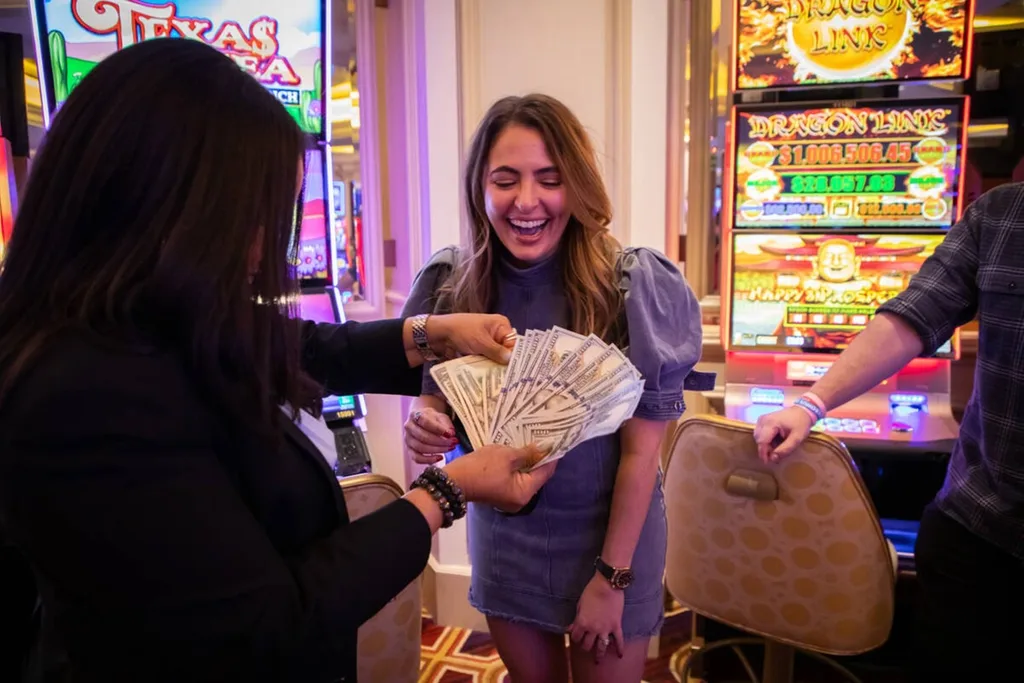
Jane’s son, Chris*, a university student and sportsman, fell into severe debt from his gambling addiction.
Like many Australians, the 22-year-old, who lives in Perth with his parents, grew up in a culture of gambling with his mates. On his 18th birthday, he went to the horse races, “which a lot of young men do in Perth, like a rite of passage”, says Jane. And later he won $800 on his first visit to Crown casino.
Having turned 18, Chris could open betting accounts on his phone. “He was a young guy with savings. He had about $8000 and he blew that very quickly,” Jane tells marie claire.
By the time he went to his parents for help, he was down $37,000 and owed money to several people. His parents lent him the funds but were unaware of the extent of his problem. He continued to gamble with money he earned working for the family business, and from funds raised by selling his belongings, including his car. In the end, Chris lost more than $100,000. He is still heavily in debt.
“He broke down. He didn’t want to be here anymore,” says Jane. “It was very, very sad.”
Simmering under her despair is an anger at the lack of effective regulation of the industry. “This is addiction, a public health issue,” she says. “And these gambling companies were constantly bombarding him with text messages, encouraging him to bet. Their predatory nature is unbelievable.”
And companies such as Sportsbet and Neds are becoming “increasingly aggressive” on the advertising front, says AGR chief advocate Tim Costello. Last year, betting companies spent $280 million in Australia on sports betting ads alone.
To that end, Opposition leader Peter Dutton has said a Coalition government would ban such ads during sporting broadcasts. The Liberal leader said the ads are “changing the culture of our country in a bad way and normalising gambling at a young age”. (A parliamentary inquiry released on June 28 has recommended the federal government ban all ads for online gambling across all media within three years. “People don’t like it. They … are very concerned that children are exposed and exposed regularly to ads for sports betting,” said committee chair and Labor MP Peta Murphy.)
For a majority of Australians, reform of the poker machine industry is long overdue. We are home to 18 per cent of all the pokies in the world, though our population makes up less than 0.5 of the total. There are some 200,000 machines in Australia, and 90,000 in New South Wales alone, where they are permitted in pubs and clubs, giving people “ubiquitous accessibility”, says Costello. According to the AGR, 62 per cent of pokie revenue comes from habitual gamblers, whose addictions can lead to marriage breakdowns, financial ruin, depression and suicide.
Emily*, a professional who worked in the finance industry in Victoria, kept her pokie addiction a secret from her family until she took her own life in 2012. When police found her body at her home, she had laid out all her financial paperwork on a table, revealing the extent of her enormous debt and secret misery.
“She was beaten by this addiction,” says her sister Alice*. “She owned a house and then sold it and gambled all that money. For a while, she was living in her car. The clubs gave her free drinks and food. It’s a predatory business.”
And a disturbingly manipulative one. According to Dr Kevin Harrigan, from the world-renowned Gambling Research Lab in Ontario, Canada, poker machines employ psychological tactics to keep players pressing, making them believe they are always close to that dopamine fix.
“The manufacturers intentionally design ‘near misses’ and ‘losses disguised as wins’ [eg, winning 20c from a $1 bet] into their games, and these two features make the games more addictive,” he tells marie claire.
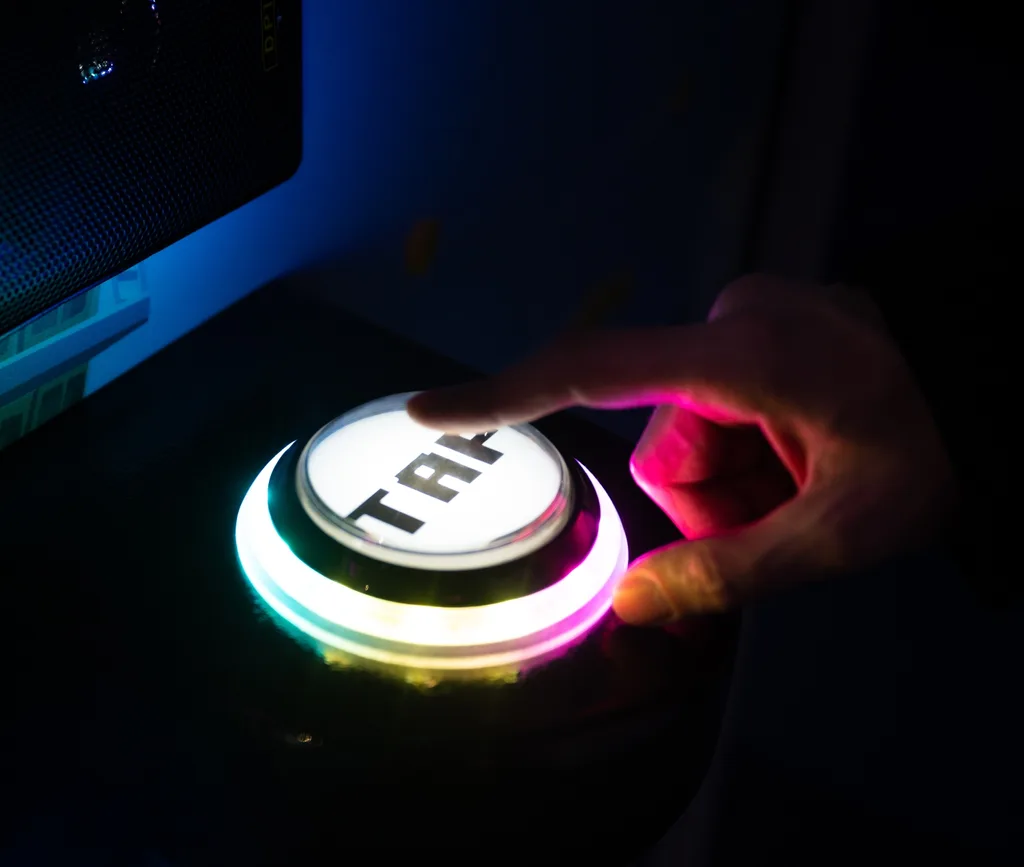
Plus, poker machines are mathematically rigged for the player to finish their spell a loser. “I have such pity for the people who play them,” said US mathematician Michael Shackleford in the bombshell 2015 Australian film Ka-Ching! Pokie Nation. “I’ve designed hundred of these games. I’m sorry but they are just a lousy bet.”
To crack down on that lousy bet, the NSW Crime Commission recommended in October the implementation of cashless gaming cards in NSW, where pokies have an annual turnover of $95 billion. The aim was to stop organised crime groups funnelling what is believed to be billions of dollars through pokies in money laundering operations.
A cashless card would also enable people to place limits on their betting to control addiction. Instead, the newly minted NSW Labor government under Premier Chris Minns had at press time stalled the introduction of its watered-down version of the recommendation: a trial of the cashless card system on 500 pokies, and removal of gambling signage outside pubs and clubs.
That, MP Andrew Wilkie says, “is not just way too little way too late, but also hard evidence that the NSW Labor Party remains beholden to the poker machine industry.”
At the heart of that relationship is the estimated $2.25 billion pokie tax revenue for NSW this year, and guarding the gates to the industry is the lobby group ClubsNSW, which has campaigned against politicians who promote industry reform. (ClubsNSW did not reply to marie claire’s request for comment.)
“Our blind spot is poker machines and they’re extraordinarily powerful,” former NSW Liberal minister Victor Dominello told ABC-TV’s Four Corners in March. Wilkie told the program, “New South Wales has half the poker machines in Australia, half the gambling addicts in Australia and historically the most powerful gambling lobby in Australia. So if we get reform there, we’ve cracked the nut.”
Half a million dollars down after a 12-year gambling addiction and wanting to end her life, Kate Seselja sat at the breakfast table of her Canberra home with Ethan, then 12. “He said, ‘Mum, no-one could find you last night. Where were you?’ ” she recalls through tears. “And I just broke down. I said, ‘I’ve made so many mistakes.’ And he said, ‘Mum, everyone makes mistakes.’ It was what I needed to hear.”
Kate hasn’t touched a poker machine since. She’s now an advocate with the Alliance for Gambling Reform, a recovery coach, and is the founder of the Hope Project, which focuses on preventing addiction. “I’m trying to help change the narrative,” she says. “Nobody intends to become addicted to gambling. The pokie machine is designed to addict you. It’s not OK that it keeps happening to people. This has to stop.”
If you need help with your gambling or for someone in your life who has gambling problems, go to: gamblinghelponline.org.au Or call Lifeline on 13 11 14.
This story originally appeared in the August issue of marie claire Australia.
